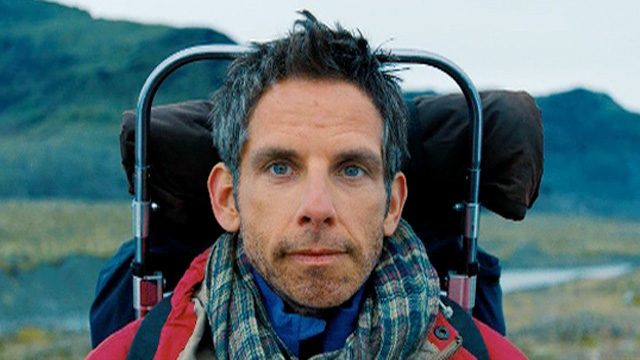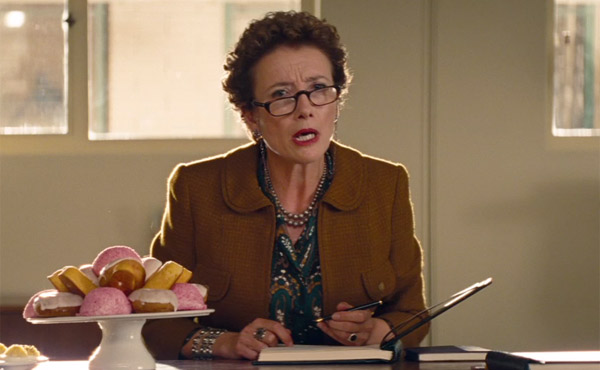Go see it. I think you will find it warming and poignant. It should make you laugh and smile lots too.
As to the leadership lesson, it would be too easy to focus on the 'Change Managing Director' who looks like a cross between the heavy baddie in Superman II and Alvin. His style of leadership is so bad as to be chillingly realistic, I worry.
But instead I would like to focus on beauty and the power of what we see that can take our breath away and make us think: what is really going on here? Without giving too much away, the film treats us to some sumptuous cinematography of places that are not widely known for their beauty. In this way, the film cleverly makes us think about how we should always go beyond the obvious caricatures of places (or people) and look instead for their secret lives too.
So in this respect, I want to suggest that good leaders never take anything at 'face value'. Good leaders seek to uncover the beauty beneath and what the real story is all about. Good leadership is about digging, exploring, revealing and finding the beauty that is always there to be found.
What beautiful thing have you noticed today?
_____________
This is the second of my new series of blogs about leadership ideas to be found in the movies of our time. You can read here as why I am doing this. Please subscribe to this blog if you want to read more. Thanks.















.jpg)


